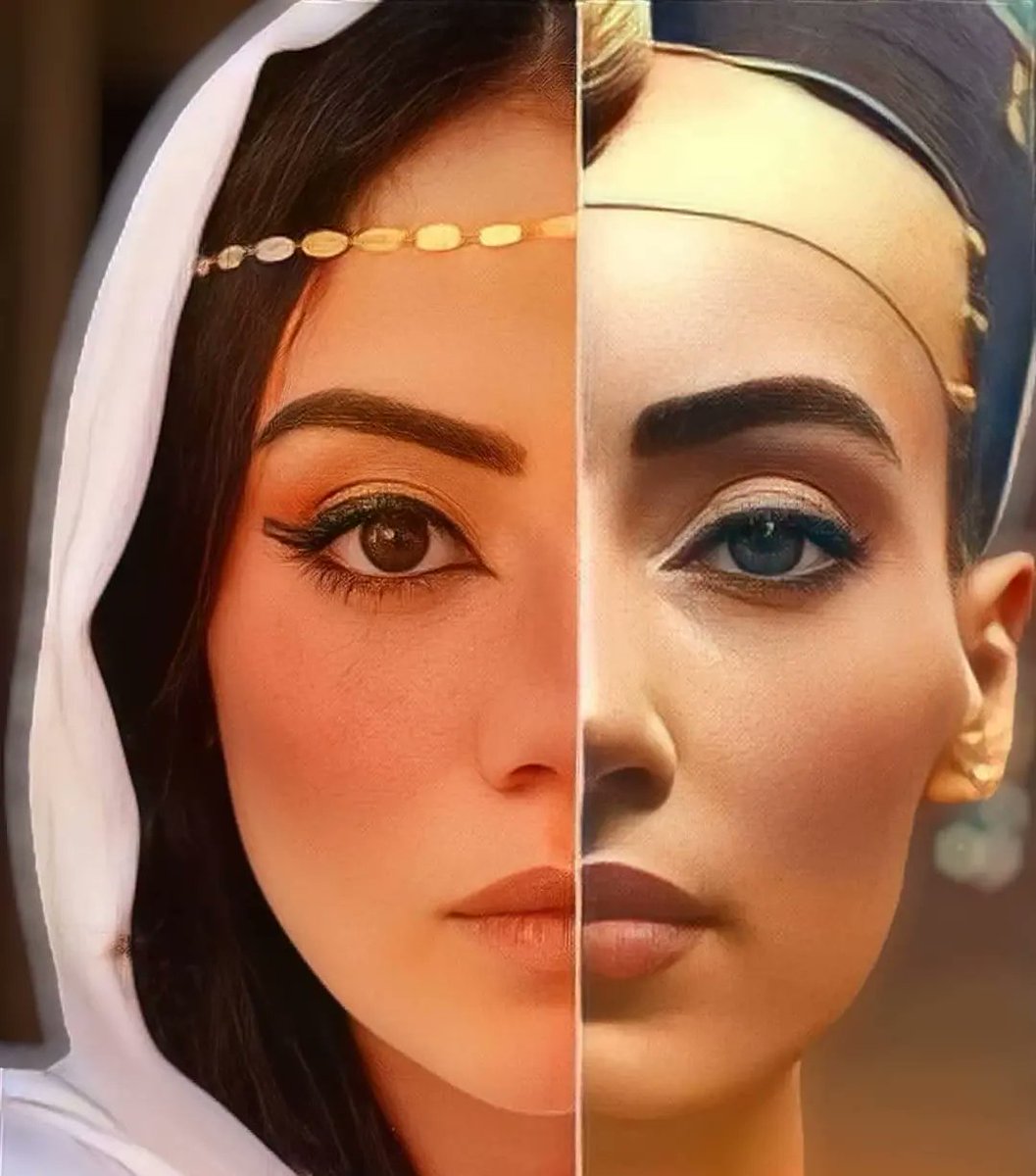Navigating Online Content: Understanding Digital Challenges In Egypt
In an increasingly interconnected world, the internet has become an indispensable part of daily life, offering unprecedented access to information, entertainment, and communication. This digital revolution, while empowering, also presents complex challenges, particularly concerning the vast and often unregulated landscape of online content. From educational resources to social media interactions, the web hosts an incredible diversity of material, including sensitive categories that demand careful consideration and understanding.
This article delves into the multifaceted nature of online content, specifically examining the phenomenon of explicit or sensitive material often referred to by terms like "نودذ مصرى" (Nudes Masri) within the Egyptian digital sphere. Rather than focusing on the content itself, our aim is to explore the broader societal, legal, and ethical implications surrounding its presence online, providing a comprehensive perspective that aligns with principles of Expertise, Authoritativeness, and Trustworthiness (E-E-A-T) and addresses Your Money or Your Life (YMYL) concerns related to digital safety and well-being. Understanding these dynamics is crucial for fostering a safer and more responsible online environment for all users.
Table of Contents
- The Digital Revolution and Information Access in Egypt
- Understanding "Nudes Masri" in the Context of Online Content
- Societal and Cultural Perspectives on Explicit Content in Egypt
- Legal Frameworks and Digital Regulations in Egypt
- The Risks and Dangers of Explicit Online Content
- Digital Literacy and Responsible Online Behavior
- Combating Harmful Content and Promoting Digital Well-being
- The Future of Online Content and Digital Ethics
The Digital Revolution and Information Access in Egypt
Egypt has experienced a rapid digital transformation over the past two decades, with internet penetration rates soaring and mobile connectivity becoming ubiquitous. This surge in connectivity has opened up vast opportunities for economic growth, education, and social interaction. Millions of Egyptians now rely on the internet for news, entertainment, commerce, and communication, making it an integral part of their daily lives. The proliferation of smartphones and affordable data plans has democratized access, bringing the digital world to urban centers and rural areas alike. This widespread access, however, also means that users are exposed to an unfiltered stream of information, ranging from beneficial to potentially harmful. The sheer volume and diversity of content available online present a significant challenge for individuals, families, and regulatory bodies alike, necessitating a nuanced approach to digital citizenship and content management.
Understanding "Nudes Masri" in the Context of Online Content
The term "نودذ مصرى" (Nudes Masri), literally translating to "Egyptian nudes," is a search term and label widely associated with explicit or pornographic content originating from or featuring individuals identified as Egyptian. This term, and similar variations like "سكس مصري" (Egyptian sex) or "نودز مصرية" (Egyptian nudes), signifies a specific category of adult material that circulates on various global and regional online platforms. While the existence of such content is a global phenomenon, its specific labeling and prevalence within certain search queries highlight a particular facet of the digital landscape in Egypt and the wider Arab world. It is important to acknowledge that the presence of such terms in search trends reflects a demand for this type of material, which can range from consensually produced adult content to deeply problematic and exploitative forms.
Defining the Term and Its Digital Footprint
When users search for "نودذ مصرى," they are typically looking for sexually explicit videos, images, or live streams that are either produced in Egypt, feature Egyptian individuals, or are specifically tagged as such. This content is found on a variety of platforms, including mainstream adult entertainment sites, private forums, and social media channels where it may be shared discreetly. The digital footprint of such content is extensive, with dedicated categories and communities forming around it. The ease of access, often facilitated by VPNs or specific search engine queries, means that this material is readily available to anyone with an internet connection, regardless of age or geographical location. This accessibility underscores the urgent need for discussions around digital literacy, content moderation, and legal enforcement to mitigate potential harms associated with its creation and dissemination.
Societal and Cultural Perspectives on Explicit Content in Egypt
Egypt is a predominantly conservative society where cultural norms and religious values, particularly Islamic principles, strongly discourage the public display and consumption of sexually explicit material. These deeply ingrained societal values shape public discourse and legal frameworks regarding morality and decency. The presence of explicit online content, including that labeled "نودذ مصرى," creates a significant tension with these prevailing norms. While private consumption may occur, public acknowledgment or acceptance of such material is largely absent, often leading to societal condemnation and legal repercussions for those involved in its creation or distribution. This dichotomy between private behavior and public morality highlights the complex challenges of regulating digital content in a culturally sensitive environment.
Cultural Norms and Religious Values
In Egypt, Islamic teachings emphasize modesty, chastity, and the sanctity of private life. These values extend to media consumption, where explicit content is generally considered haram (forbidden). Public opinion polls and social studies consistently show a strong preference for family-friendly and religiously compliant media. The internet, however, bypasses traditional gatekeepers of information and culture, introducing content that directly contradicts these deeply held beliefs. This clash often leads to public outcry, calls for stricter censorship, and heightened efforts by authorities to monitor and block access to sites containing explicit material. The cultural sensitivity surrounding this topic means that open discussion about its prevalence and impact can be challenging, yet it is essential for developing effective strategies for digital safety and education.
Legal Frameworks and Digital Regulations in Egypt
Egypt has a robust legal framework aimed at regulating online content, particularly that deemed morally objectionable or harmful. Laws related to cybercrime, public decency, and information technology are frequently invoked to prosecute individuals involved in the creation, distribution, or even possession of explicit material. The primary legislation governing these matters includes the Cybercrime Law No. 175 of 2018 and various articles from the Penal Code. These laws grant authorities broad powers to monitor online activity, block websites, and arrest individuals found to be in violation. For instance, Article 14 of the Cybercrime Law criminalizes the creation or management of websites that promote

صور مصريات , اجمل النساء حول العالم - صباح الورد

بنات مصر 2021 , اجمل فتيات مصر - صور جميلة

وعي - مصر on Twitter: "📷 | هاشتاج #مصر_للمصريين وصل للعالمية عشان يشوف